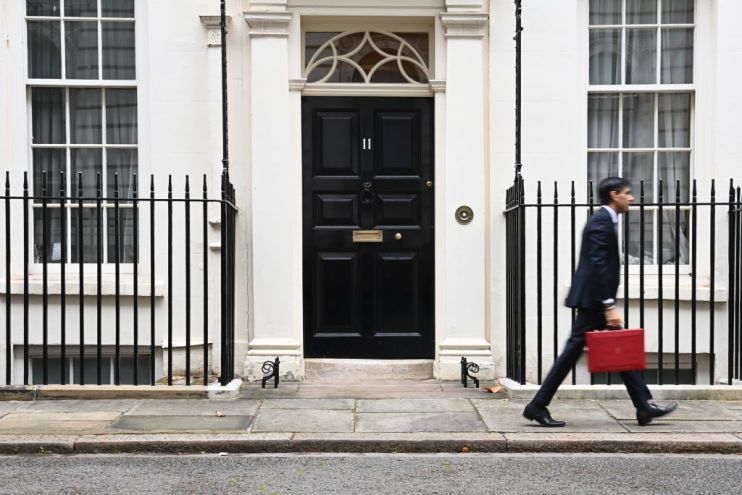The age of Brexit Blairism: Rishi Sunak bet his budget on New Labour’s success

Last week, while many in Westminster were gripped to the BBC’s ode to New Labour, the Blair & Brown documentary, Boris Johnson seemed to take it literally. His boosterism has finally defeated Treasury orthodoxy. As such, this is a very different Conservative Government to the ones in the last decade. It is one that will invest rather than retrench. We really are returning to the days of New Labour – it is Brexit Blairism, if you like.
The economy is in an impressively and reassuringly better condition after the worst of Covid-19 than what was forecast and feared, not least because of the unprecedented and successful measures the Treasury put in place to protect livelihoods, particularly the furlough scheme.
The positive economic projections, alongside significant tax rises such as the recently announced Health and Social Care Levy, enabled the Government to both commit to significant real terms increases across all departments and public services over this spending period, and to achieve a current budget surplus by the end of this parliament. Classic cakeism.
As Sunak told MPs in the Treasury Select Committee yesterday, he would have “preferred not to have to put taxes up on people — but you do get something for that money, right? It’s all very well to just look at the taxes without looking at what you’re getting.” For the Chancellor, he has forsaken his values to try and bolster public services.
But there is a lot of economic uncertainty thanks to the capriciousness of Covid, the bureaucracy from Brexit, and the spectre of rising inflation.
While the cost of servicing the public debt remains very low, there is a chance of changes to inflation and interest rates which would significantly undermine the sustainability of this.
Increased bills and taxes also threaten real household disposable income, already projected on average to be growing annually at dismally low levels. The Chancellor’s new age of optimism could well be short-lived.
Sunak should be applauded though for his clear overriding commitment to evidence-based policymaking and prioritising support on low-income workers.
Following the lead of the Low Pay Commission and pushing ahead with increases to the wage floor is sensible and significant. The reduction in the taper rate of Universal Credit will, for a significant minority, at least partially compensate for the removal of the £20 a week uplift which was put in place during the pandemic. Indeed, investors are already betting on rising interest rates with market pricing pointing to a rise of 1 per cent by the end of 2022.
The restoration of the foreign aid budget to 0.7 per cent of GDP was a clever move, especially in light of the storm of delegates flying in for Cop26.
But Sunak is promising to restore it in 2024-25: too far away, frankly. It’s needed now for both Covid-19 and climate change, and it will be beholden to the state of the economy years from now.
While Sunak was at great pains to remind his colleagues that his loyalty lies in a Conservative party of low taxes and limits on government, the current fiscal direction said the opposite. It was replete with higher taxes and higher spending.
The focus this fortnight is in Glasgow, where Johnson delivered a climate speech that was muted by his usual standards of jovial humour. How we pay for any deal hashed out in Scotland will ultimately land on the Exchequer’s desk.
